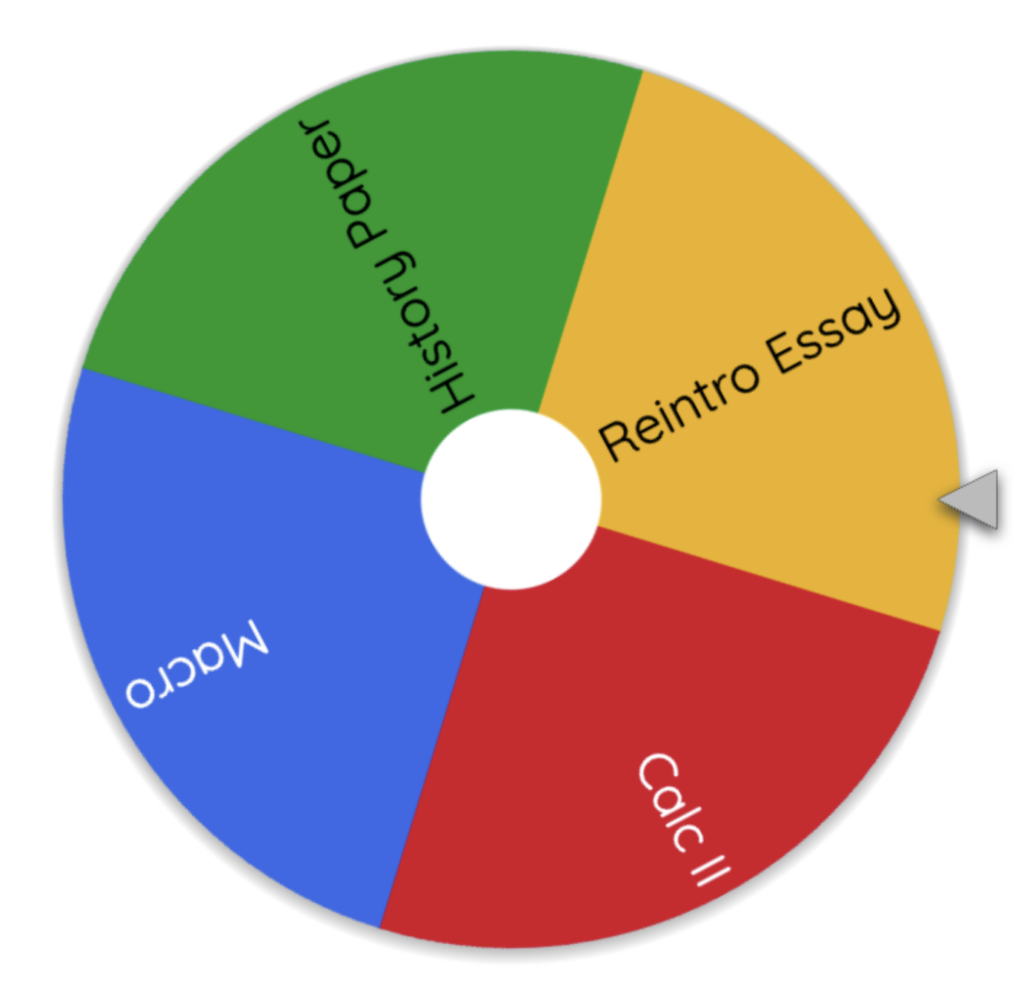
When I first started college, I wasn’t sure how finals would differ from my high-school tests and how I would prepare for them. There is such a wide variety of testing formats in college, from your conventional multiple choice and free response to timed in-class essays and 10-page papers. Facing college finals for the first time? Here are some tips I’ve picked up along the way.
1. Explore different study locations
If you are getting distracted or losing focus when studying, try changing your scenery. I found the ideal study space varies dramatically from person to person. If you enjoy some background noise and conversation, I suggest the Brody Learning Commons atrium. For a beautiful interior and silence, try Gilman Hall.
2. Divide your work creatively
In college, I realized I could easily fall into the trap of picking the finals I prefer to study for and procrastinating on others. This is why I think it’s important to divide your work, so you don’t spend too much time on one course. For example, have a paper you’re dreading writing? Commit to at least one page per day, and soon enough you’ll have a finished product. Another strategy I picked up from a friend is to “spin the wheel.” If you have trouble deciding what to do next, place your tasks onto a computer-generated wheel and let fate make that choice. This way, you won’t fall into the habit of putting off the tasks you want to avoid.

3. Find your rhythm
Leading up to finals, the “flow state” is the coveted treasure all college students are desperately reaching for. In universities with reading weeks (days dedicated to studying for finals), it can be harder to maintain focus throughout the week. I suggest figuring out what kind of study interval works best for you. Early in the semester, I realized giving myself multiple breaks between work only distracted me and caused me to procrastinate more. I found I studied best when sectioning out my day into a large chunk of reviewing followed by completely relaxing.
4. Reach out to your instructors and classmates
If your professor or TA has office hours, go to them. Even just listening to the questions of others can help you discover missing parts in your understanding. Forming study groups is another great way to boost your learning. Studying with others is rewarding because you pool all your knowledge together. I would also suggest taking turns explaining a concept or problem to encourage participation. During one of my study groups, we would take turns summarizing each reading.
5. Communicate with friends and roommates
During reading week and finals week, your friends will be crucial support systems, so don’t be afraid to reach out. My friends planned hangouts ahead of time to ensure we would all have a moment to relax. Another change from high school exams is the presence of your roommate. As someone who needs their sleep before a big test, I think it would make a great difference to reach out to your roommate in advance to let them know about your finals schedule. This is a great opportunity to collaborate with your roommate on an ideal sleep schedule.
These are also tips you can apply to your finals even as a high school student. While these work for me, it’s important to figure out what suits you best!





